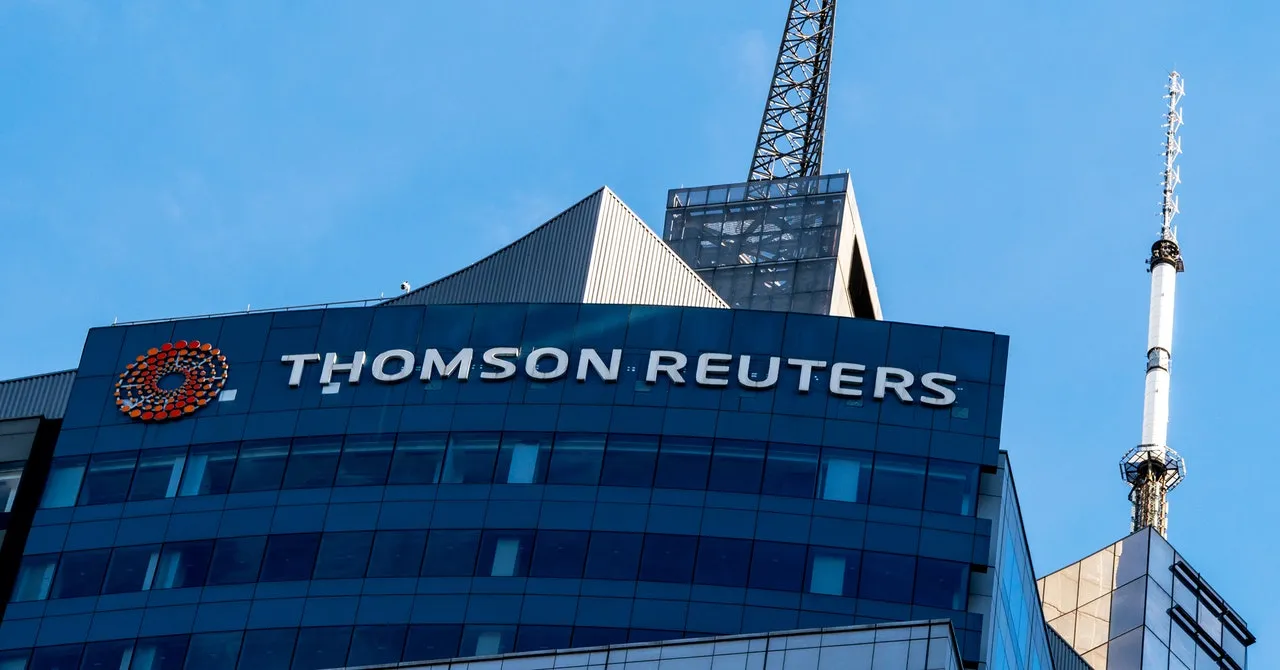Artificial Intelligence Copyright Lawsuit Wins: A Landmark Ruling by Thomson Reuters

The Landmark Case
In a historic decision, Thomson Reuters has achieved a significant legal victory in the realm of artificial intelligence copyright disputes. The company had filed an unprecedented lawsuit against Ross Intelligence in 2020, claiming that the AI startup unlawfully reproduced content from its Westlaw legal research platform.
Impact on Copyright Policy
US District Court Judge Stephanos Bibas ruled emphatically in favor of Thomson Reuters, asserting that Ross Intelligence's actions constituted copyright infringement. “None of Ross’s possible defenses holds water. I reject them all,” stated Judge Bibas.
The Broader Context
- The generative AI boom is sparking numerous legal battles regarding the use of copyrighted materials.
- Fair use doctrine remains a crucial aspect for AI defense, but this ruling raises doubts about existing interpretations.
- Thomson Reuters' win may provide a framework for similar cases as the industry navigates copyright challenges.
Future Implications
The outcome of this lawsuit could significantly affect several ongoing legal challenges faced by AI companies, which are leveraging copyrighted works for machine learning. Experts warn that this ruling may make it more difficult for AI firms to successfully argue fair use.
Further Developments
The ruling has drawn attention from experts in technology law, with Cornell University professor James Grimmelmann stating that if this judgment is upheld, it poses a serious risk for generative AI companies.
For more information and ongoing updates, visit the source.
This article was prepared using information from open sources in accordance with the principles of Ethical Policy. The editorial team is not responsible for absolute accuracy, as it relies on data from the sources referenced.